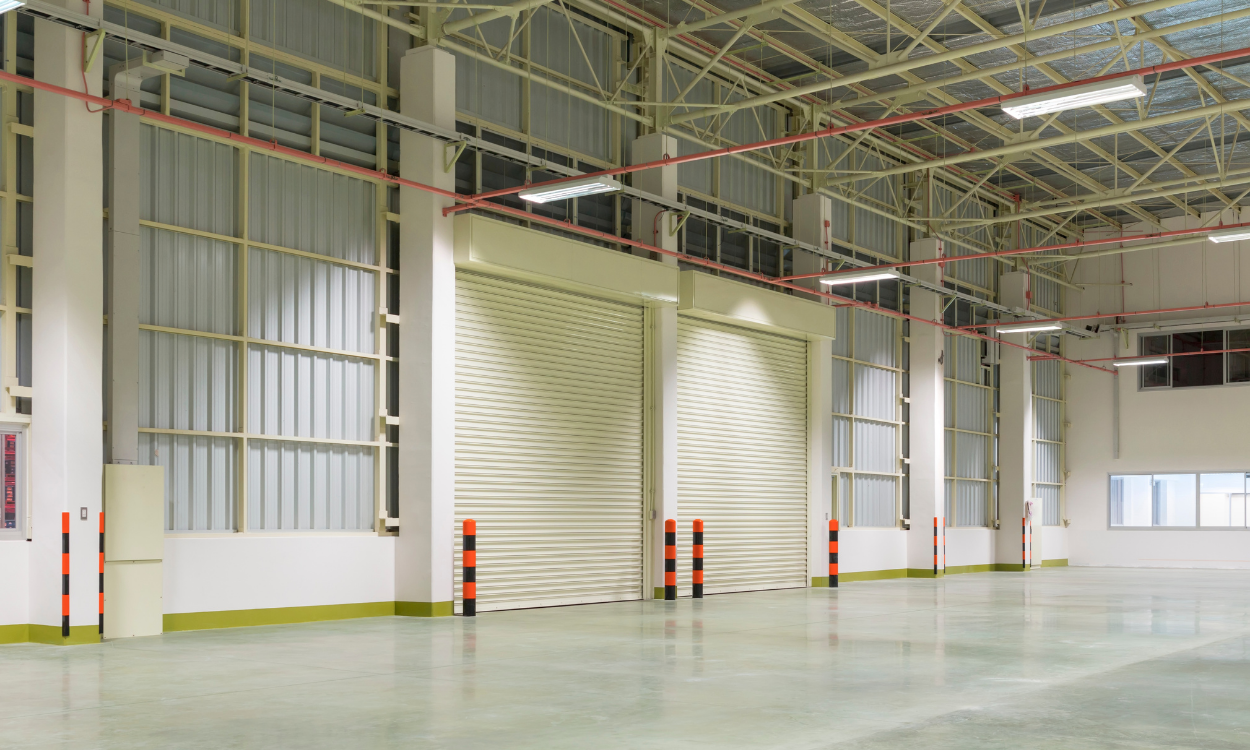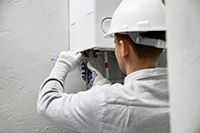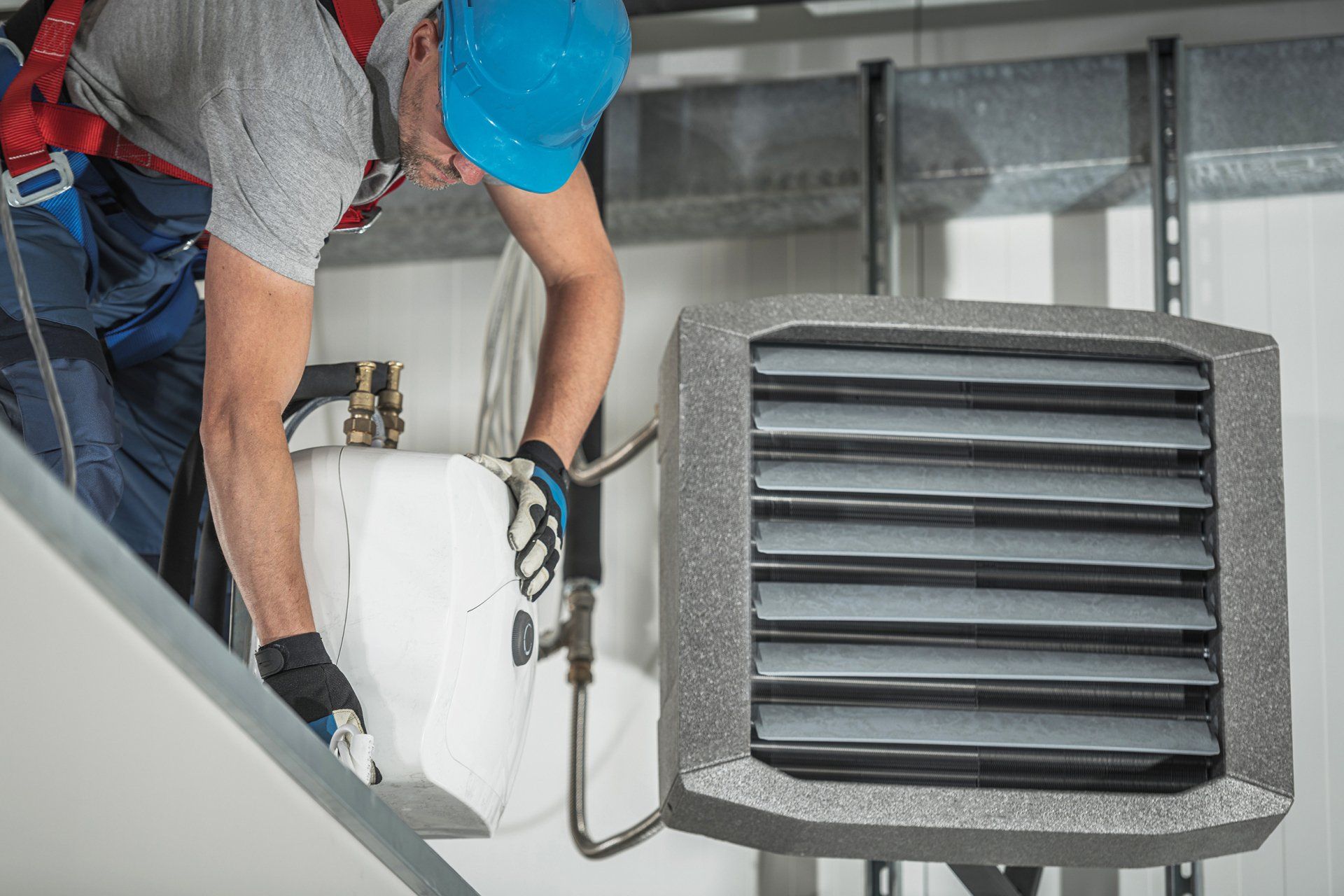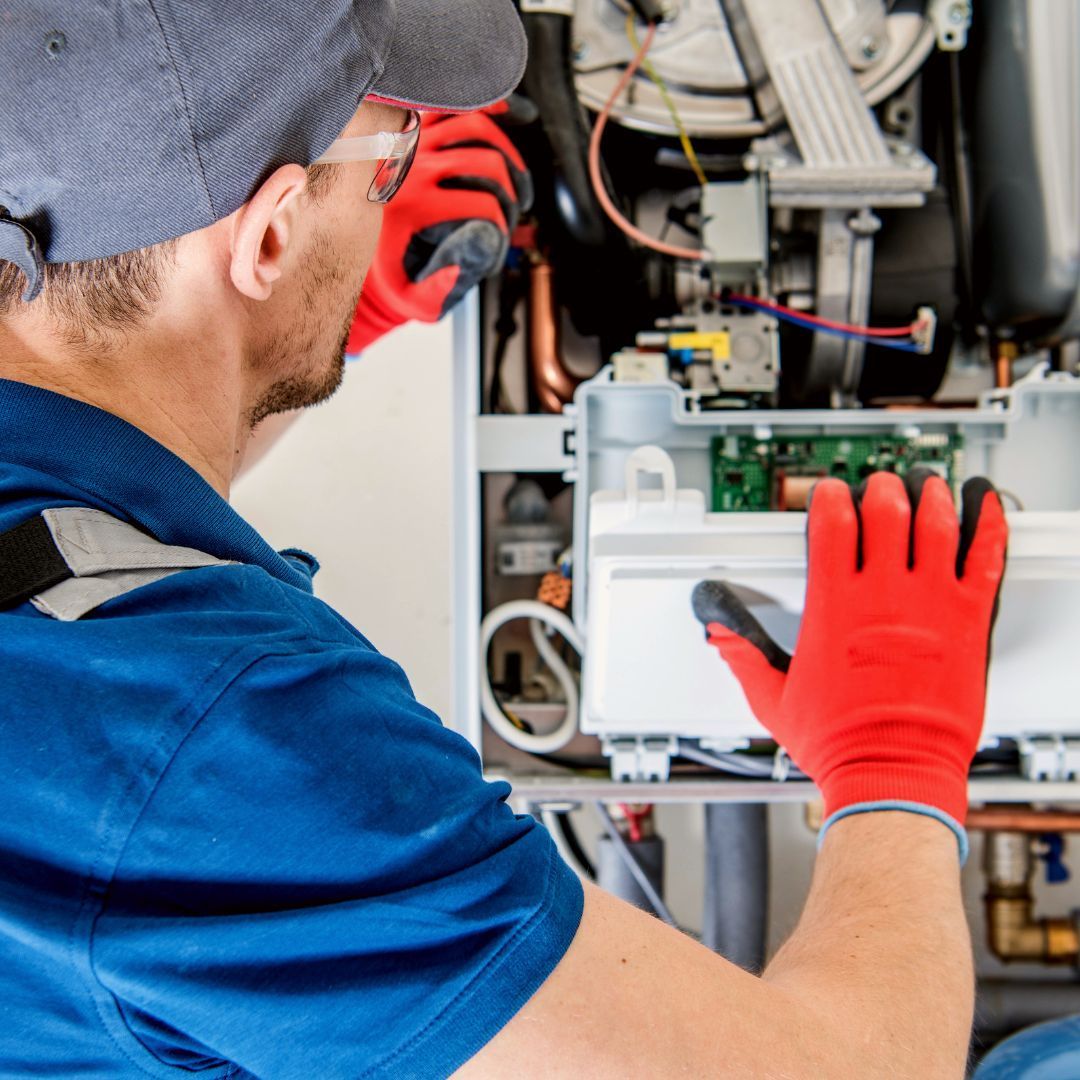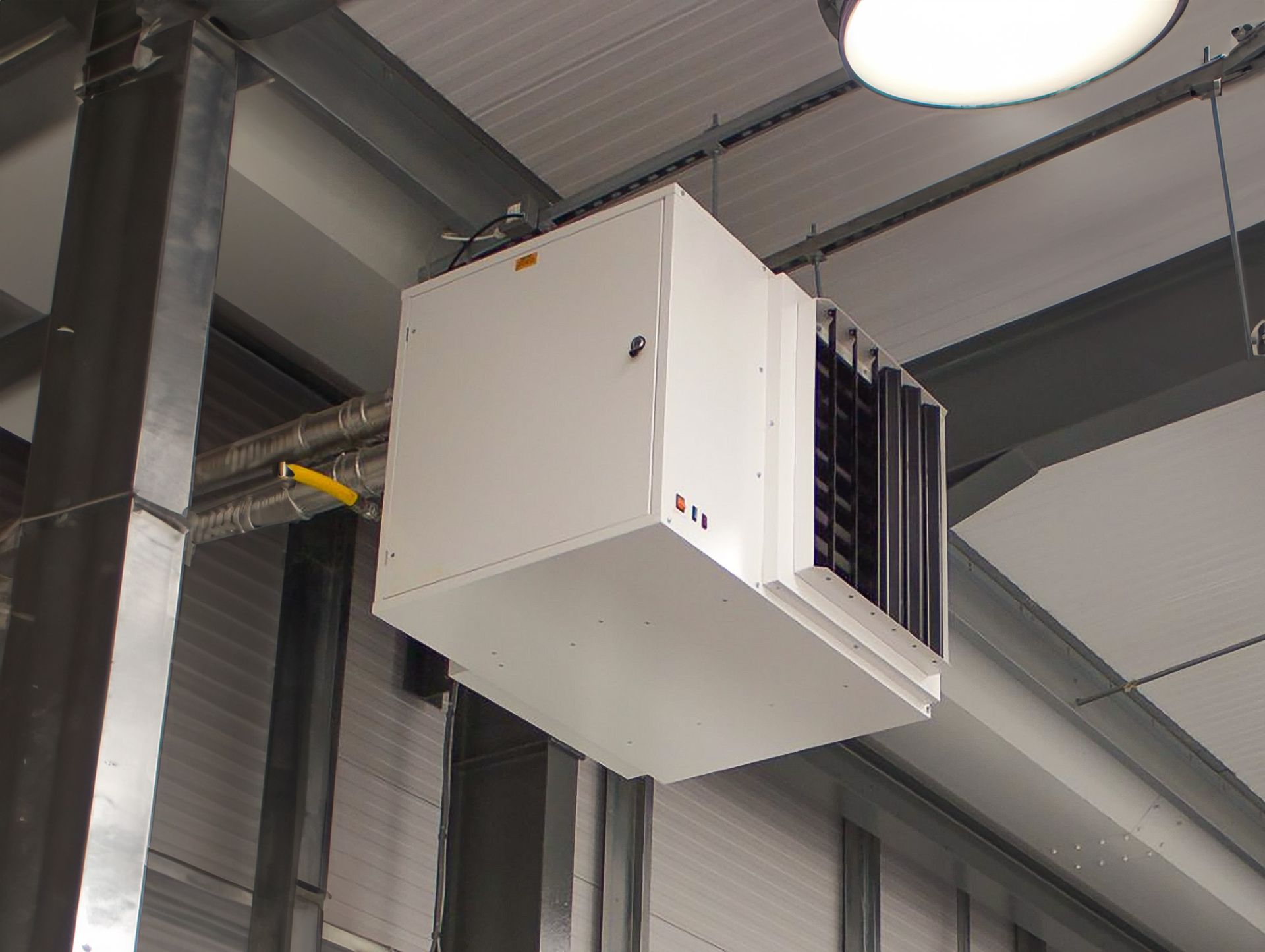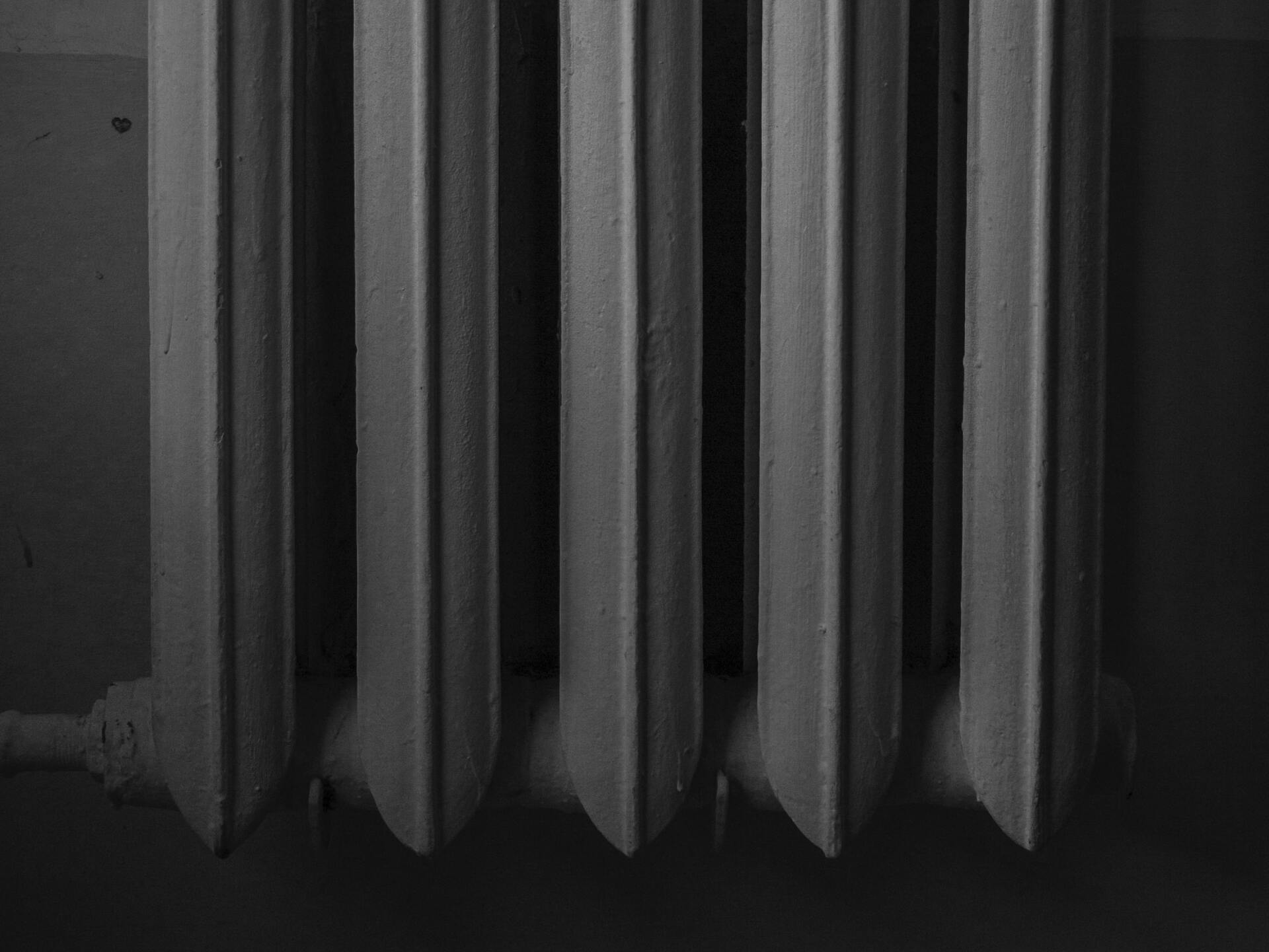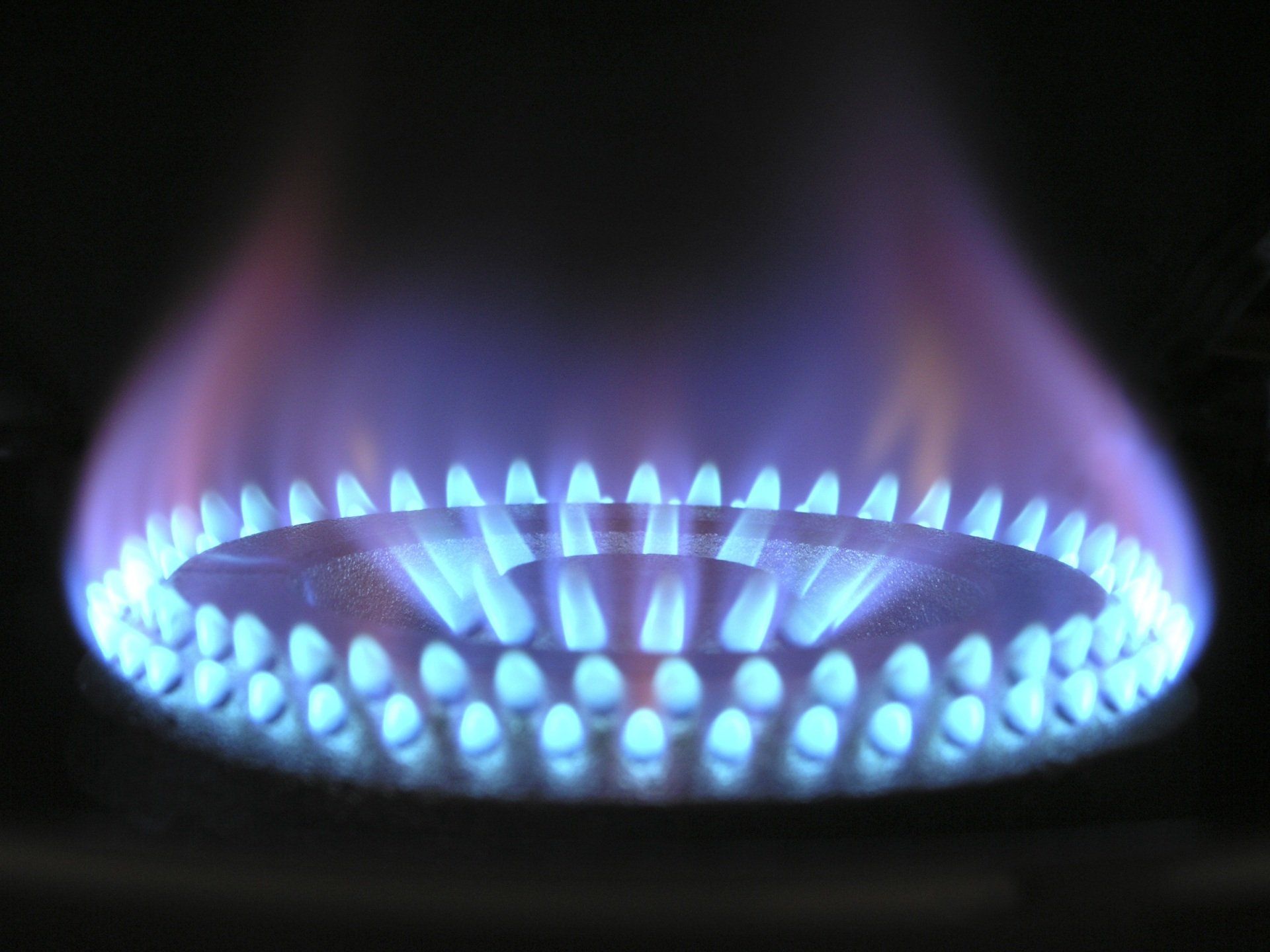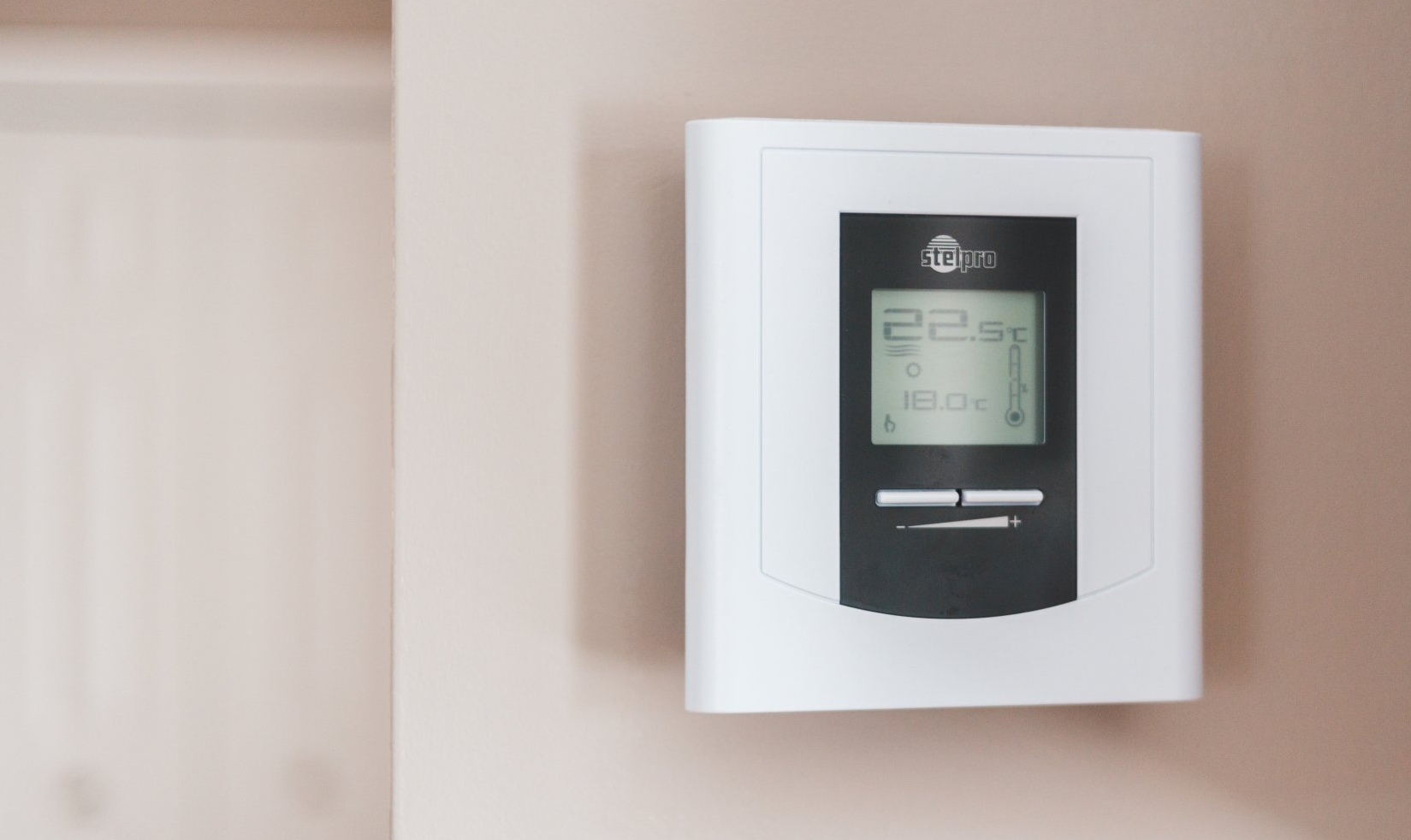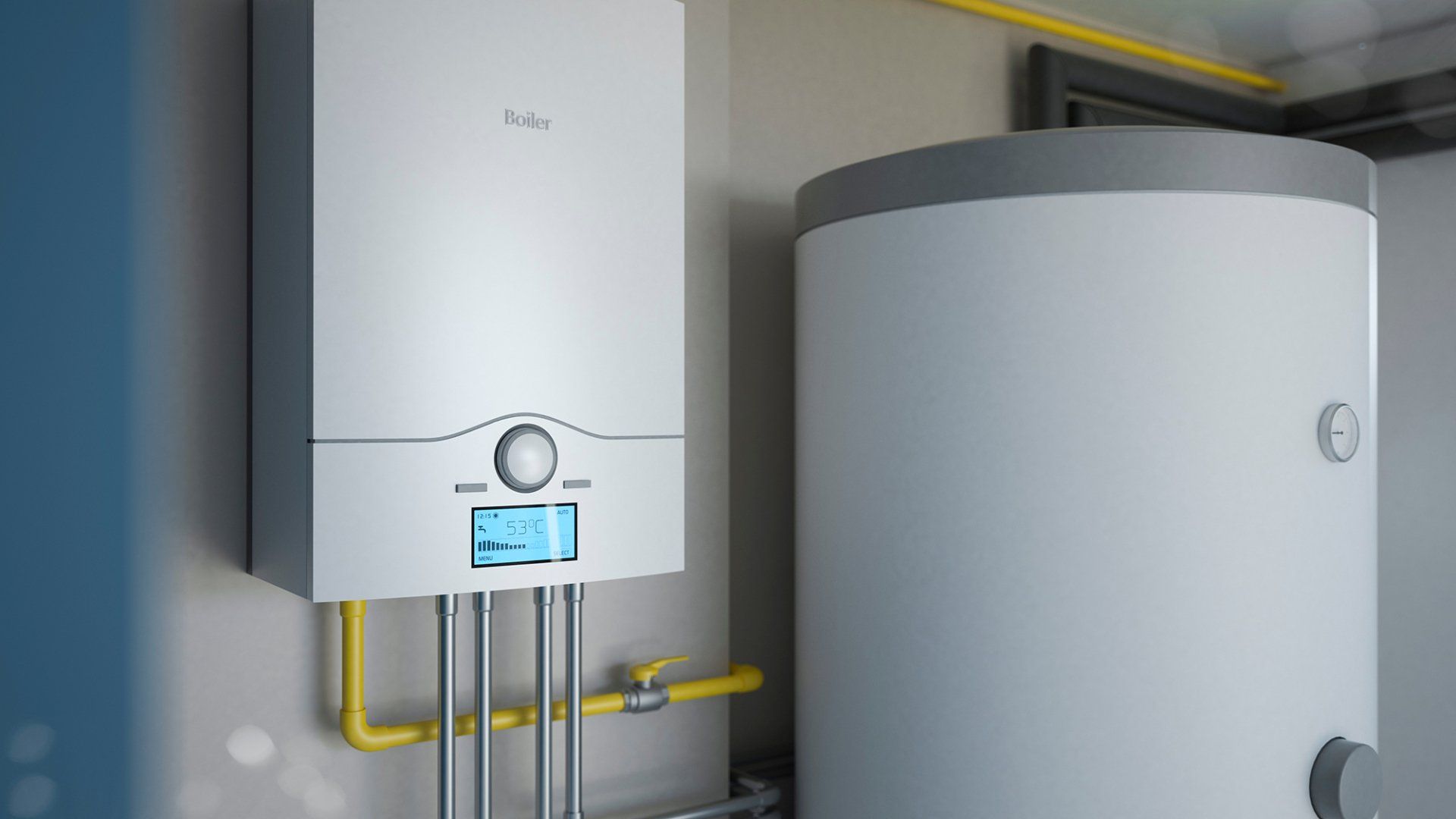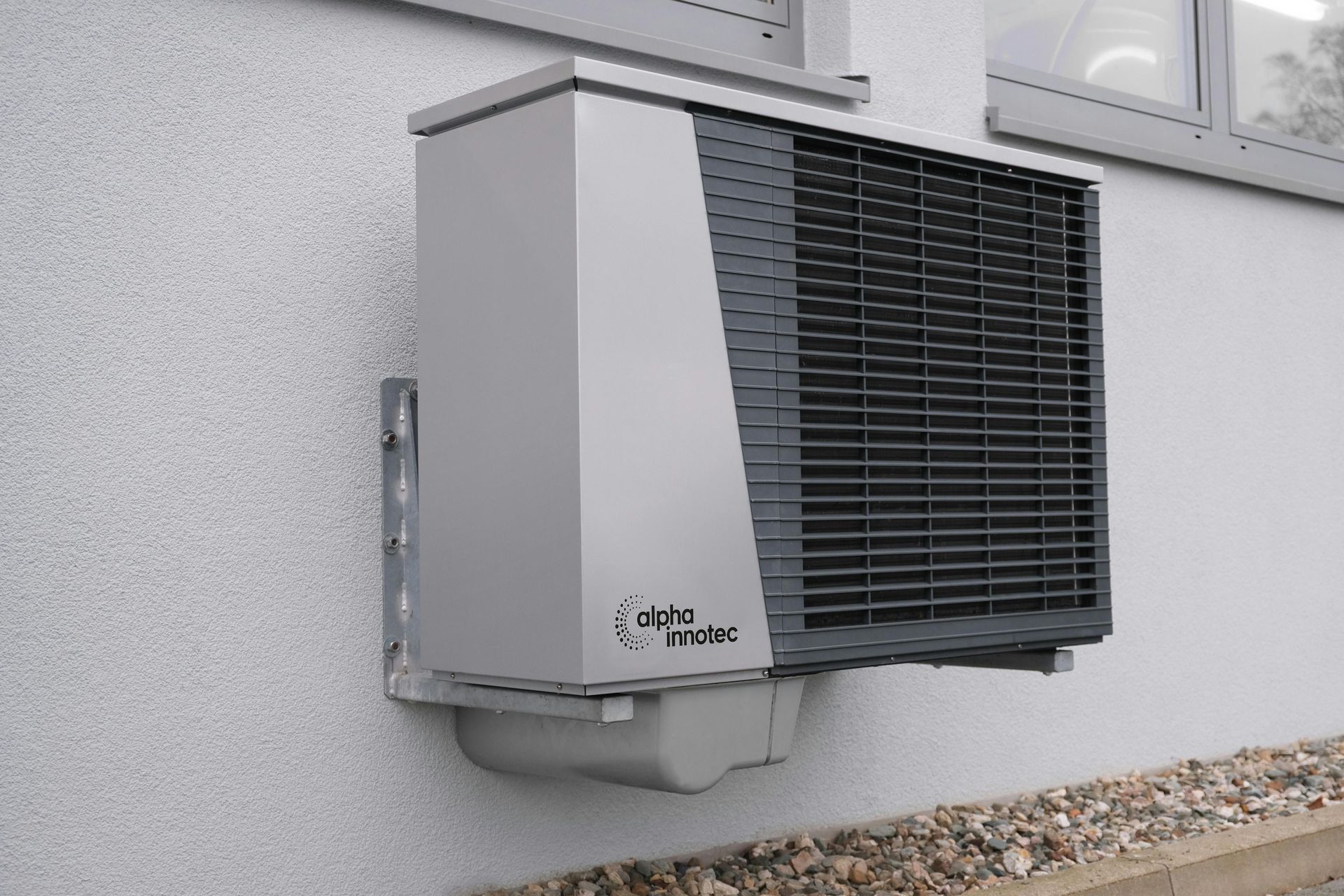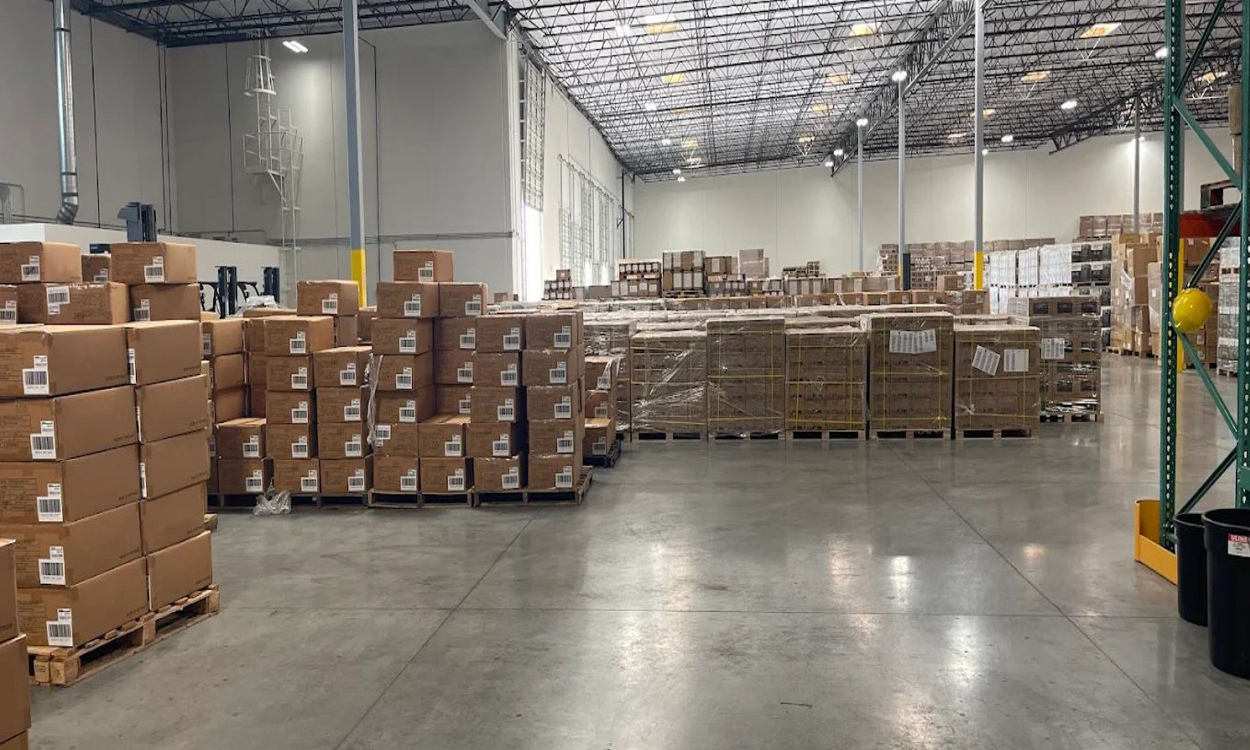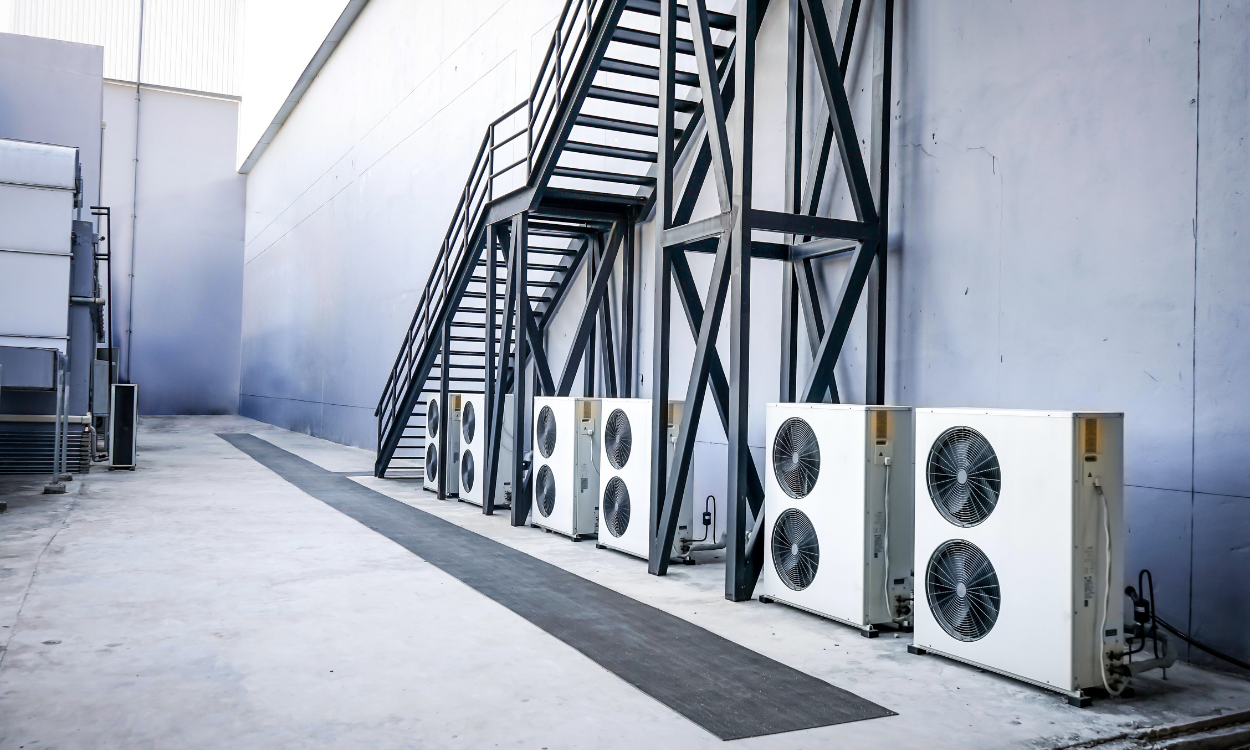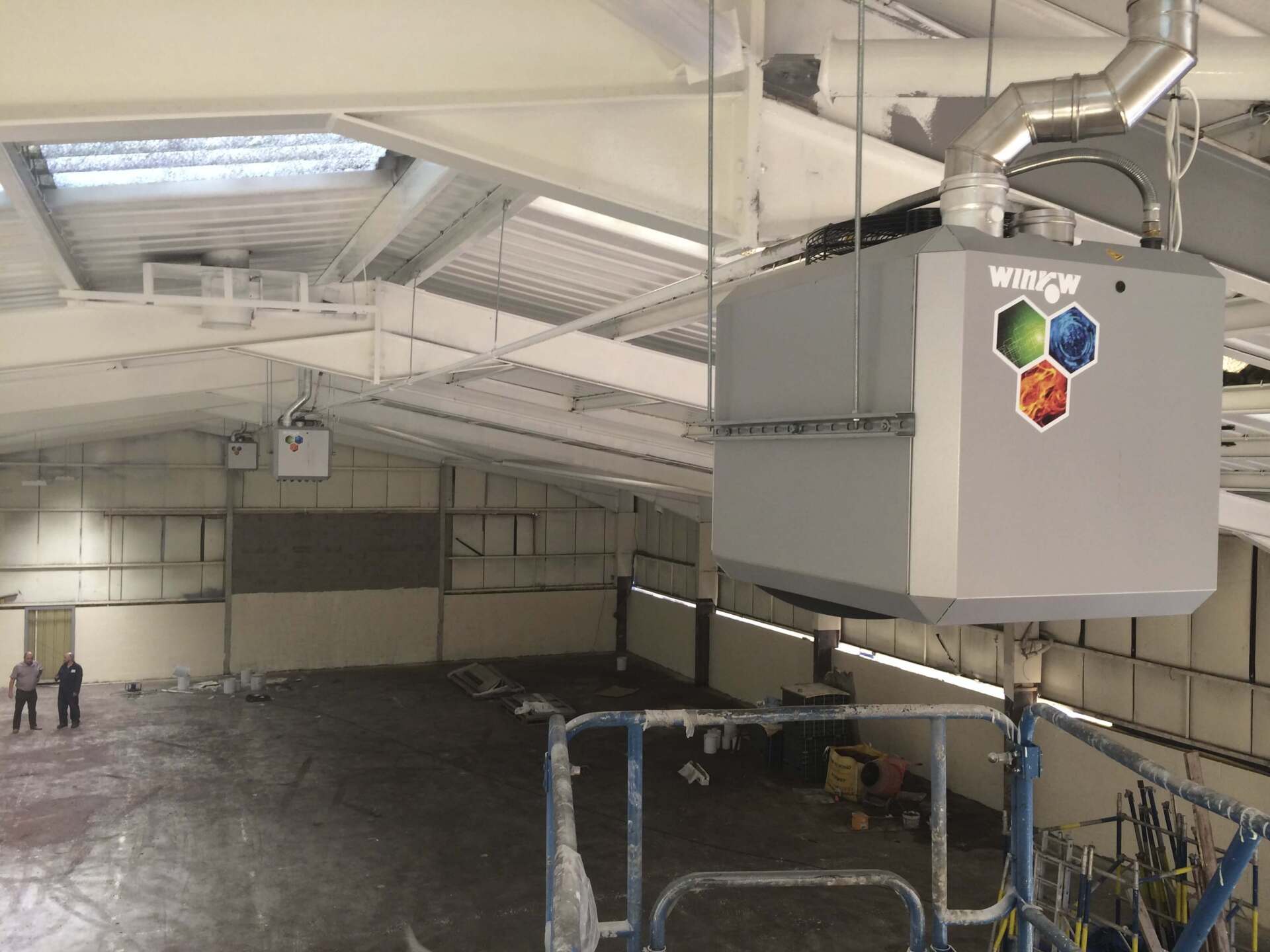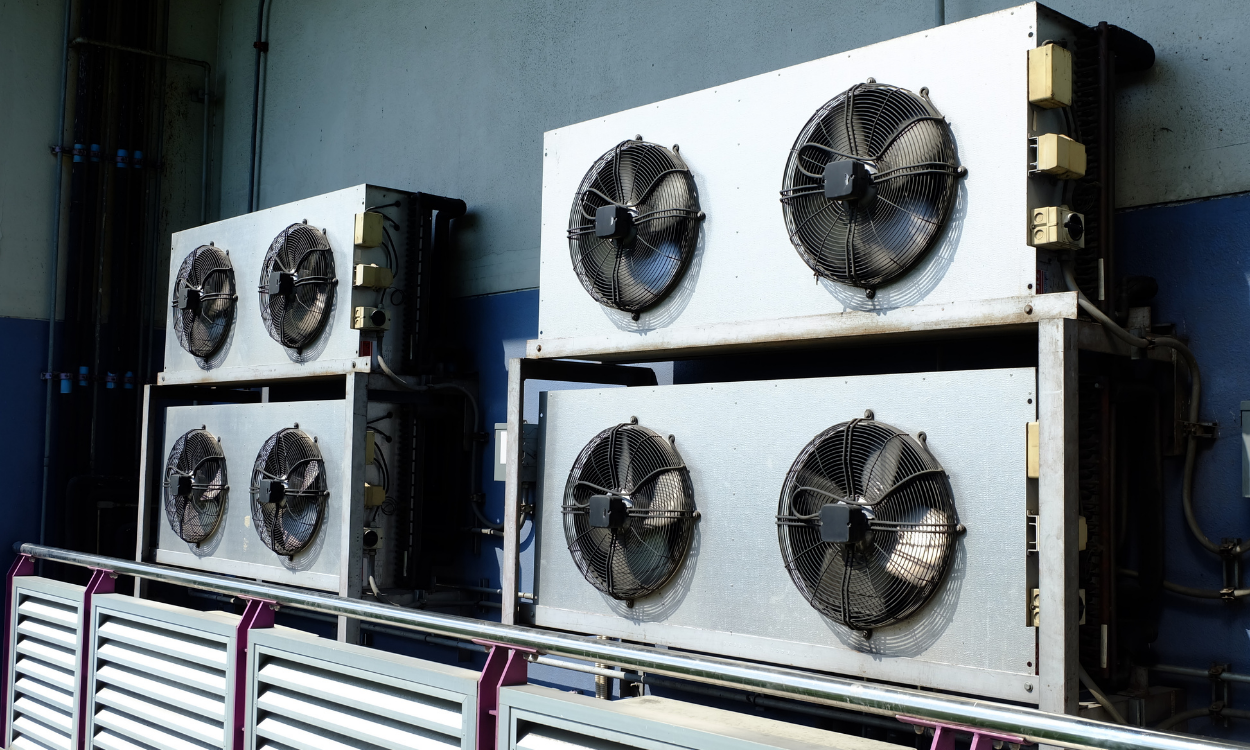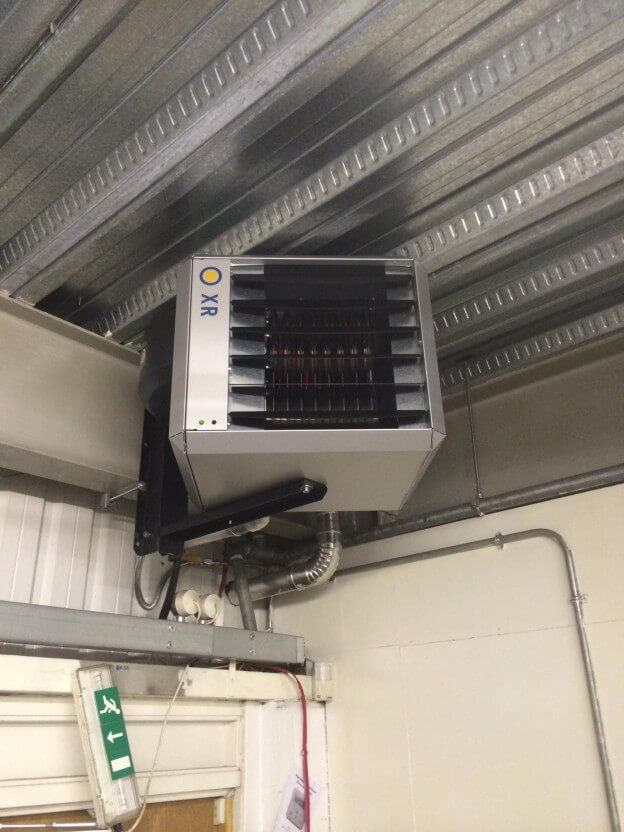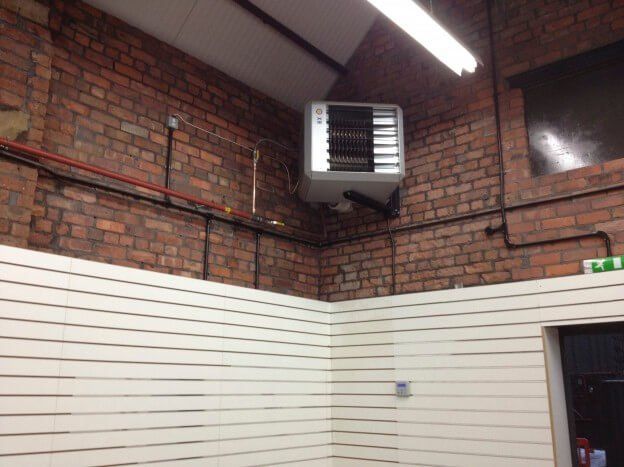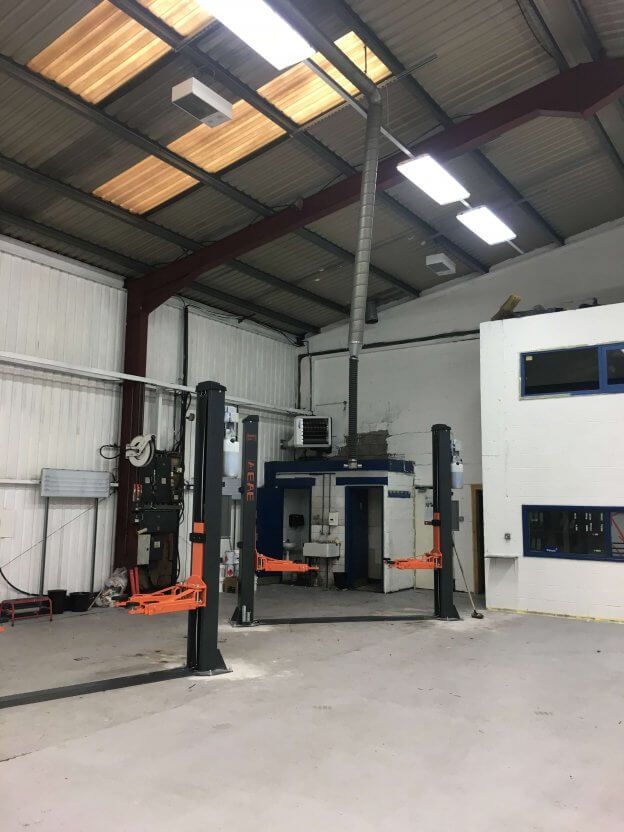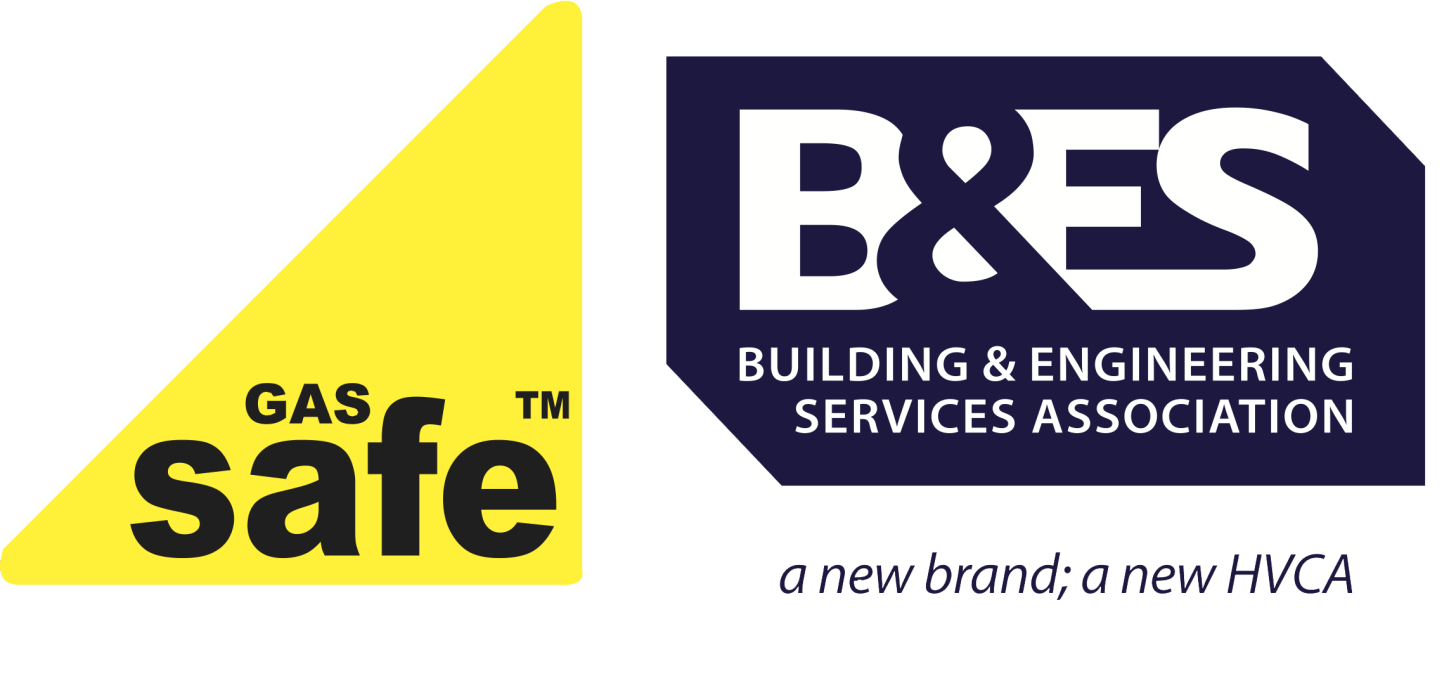Three key considerations when buying a new boiler for your business
With the world in the midst of an intensifying climate crisis, businesses have a key role in helping to battle back. Making more sustainable choices throughout your operation can go a long way to reducing your overall environmental impact. Doing so will not only ensure you are helping the planet, but there are also plenty of other benefits to be had, including better staff and customer retention, and futureproofing your company from governmental policy changes.
Just as they would at home, any business’ heating system can have a huge impact on its overall carbon footprint. If you’re looking to create a more sustainable business, there are many
different renovation options that could help you go green, and looking at your heating system is a great place to start.
But as a business, it’s not just the environmental impacts that should be factored in. You’ll also have to prioritise convenience and the economic impact of your decision. In this post, we'll highlight three considerations you should make when looking at a new boiler for your business.
Size
The size of the boiler is one of the most important considerations you’ll make when looking to invest in a new one. Choose one that’s too big and you’ll be paying over the odds for energy you don’t necessarily need. Whereas if it’s too small, it won’t be effective at providing your facilities with enough heat, which will invariably make for some very unhappy workers.
Trying to figure out which size boiler is right for you can be daunting, but it doesn't have to be. With this in mind, you will first have to think about how many people you employ that will regularly be using your facilities. If lots of people are likely to rely on the boiler at any given time, then a smaller one may not cater to their needs. Similarly, you’ll have to consider the size of your office – a larger space will need a bigger boiler to heat it effectively.
Finally, take a look at the local climate. If you live in an area with very cold winters, you'll need a boiler that can handle the extra demand. Once you've considered all of these factors, you should have a better idea of which size
boiler is right for you. A plumber or heating engineer will also be able to advise.
Fuel
Fuel is another key factor, and is one that should be carefully considered – particularly with the backdrop of the climate emergency.
There's no easy answer to the question of which fuel is best for business boilers. Every business has different needs, and each type of fuel has its own advantages and disadvantages. That said, there are a few general considerations that can help you make the best decision for your business. First, think about the cost of each type of fuel, and then think about the availability of it in your area. If fuels aren't readily available, not only will they likely be more expensive, but you also run the risk of being caught short if the supply isn’t there.
You may also want to consider the environmental impact of each fuel and whether your business is looking to reduce its carbon footprint. Some
boilers can work with renewable fuels, which stand as an
inherently greener option compared to other traditional fuels such as natural gas.
With these factors in mind, you should be able to choose the best fuel for your business boiler, and whether thats a
system boiler, or
combi boiler.
Do you use smart technology?
Smart technology is becoming increasingly popular in both residential and commercial buildings all around the world. It’s seen as a contemporary solution to save tenants time, money and energy, by making it easier to more accurately track usage. Many modern boilers can now be paired with smart thermostats, which take some of the guesswork out of tracking your energy consumption.
By connecting to smart tech, boilers can be controlled remotely, meaning that businesses can save time and money by only heating the building when it is actually needed. In addition, smart thermostats can be used to automatically adjust the temperature in response to changes in weather or occupancy levels. As a result, boilers are able to run more efficiently, using less energy and reducing costs.
In addition, smart technology can also be used to monitor boiler performance and detect faults early. This allows businesses to rectify any problems before they cause significant damage or disruption. Ultimately, smart technology offers
a range of benefits that can improve the efficiency of a boiler and help to reduce costs.
Share This Post.
Need a Quote?
Is your business is looking for heating upgrade or an installation quote? Please call us on 08000 588 035 for a free quotation or fill out our contact form and we’ll get back to you as soon as we can.
If you could also attach some relevant images of the building and advise the building volumetric, it will help with our initial design assessment. Thank you.
Winrow - Enquiry Form
Industrial Heating - Latest News
